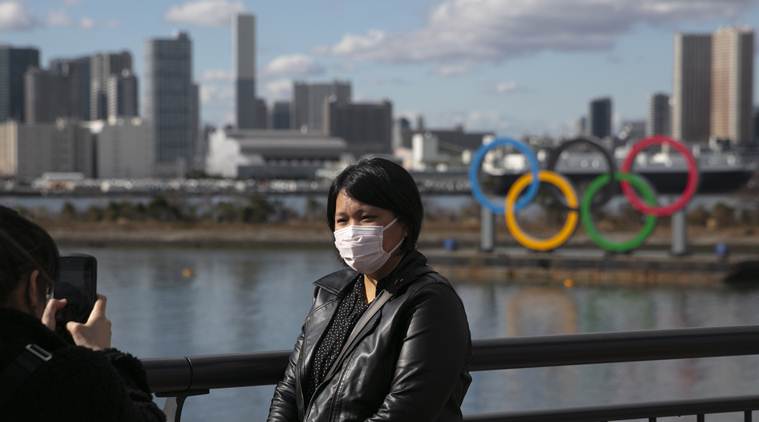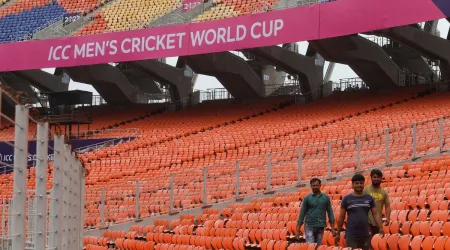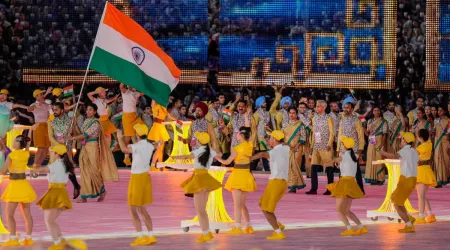- India
- International
Why rescheduling or cancelling Tokyo Olympics will be a logistical and financial nightmare
Rescheduling or postponing Tokyo Olympics looks a tough option and with no Plan B in terms of a back-up host, the only options that IOC has – according to its longest-serving member Dick Pound – is calling off the Games altogether.
 The outbreak of coronavirus may lead to the cancellation of the Tokyo Games. (AP/File Photo)
The outbreak of coronavirus may lead to the cancellation of the Tokyo Games. (AP/File Photo)
If the coronavirus cases do not subside in the coming months, the International Olympic Committee (IOC) will be faced with two options: either postpone the Tokyo Games or cancel them. Both will have logistical, financial and security implications.
Rescheduling an event of this magnitude will be practically impossible. The planning and coordination between all IOC-recognised sports federations is such that no other major event is held while the Olympics are on. It is done to ensure all the best athletes are able to compete at the Olympics and, from the broadcasters’ and sponsors’ point of view, there is no clash of sports programming.
READ | Coronavirus spreads to football’s schedule, closing stadiums and stranding teams
In non-Olympic years, there are several international championships held in the months of July and August, when the Games are generally held. Rescheduling the Olympics would mean they will have to rejig entire sporting calendars – from the World Championships of different sports, to domestic football, baseball and basketball seasons. That, in turn, would create logistical and financial headaches for those sports. FIFA, for example, faced stiff resistance from several countries when they announced Qatar 2022 will be a winter World Cup, which forced many to change their domestic calendars.
So rescheduling or postponing looks a tough option. And with no Plan B in terms of a back-up host, the only options that IOC has – according to its longest-serving member Dick Pound – is calling off the Games altogether.
READ | Sports events affected by coronavirus outbreak

Cancelling the Olympics would have the biggest impact on the athletes – who train for a lifetime just to be at the Games. But it could also have a massive financial fallout. In the four-year cycle from 2016 till now, the IOC has generated $5.7 billion in revenue, according to CNBC. Almost 73 per cent of it comes from selling media rights across the world. The rest is from sponsorships.
But if there are no Games, then there will be no sponsorship and no TV rights, and the IOC will have to pay back each of its sponsors as well as the media rights holders. That amount, according to CNN Money, could be roughly $2.2 billion.
There could be other repercussions too. IOC gives back 90 per cent of its revenue to sports in the form of scholarships to athletes, education programmes and international federations, who get a major chunk. So cancellation of the Olympics, the worst-case scenario, would impact all of this.
Lest we forget the implications on Japan, who have officially spent $12.6 billion although the country’s audit board has estimated the actual sum could be twice that. In fact, the shares of Japan’s biggest ad agency, Dentsu, slid to a seven-year low on Wednesday following Pound’s interview to the Associated Press the day before, in which he spoke about the possibility of cancellation of the Tokyo Olympics.


































